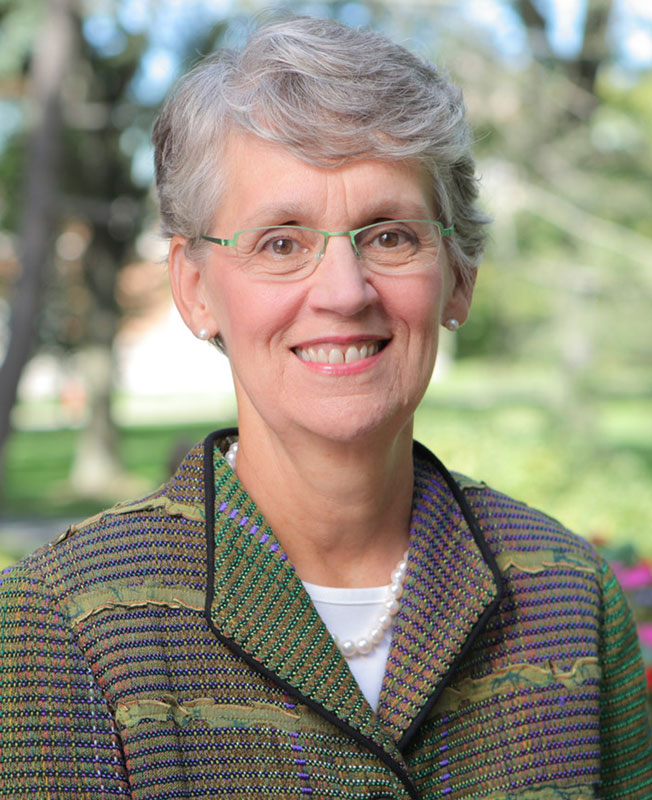College, Liberal Arts, and the Pursuit of Happiness

In recent years much has been made in America about measuring the value of a higher education. Research has shown that for individuals with an associate’s degree, expected lifetime earnings will be 27 percent higher than an individual with a high school education but no college degree. This rises to 65 percent higher lifetime earnings for those who have a bachelor’s (four-year) degree. And just in case you are curious, the next level up on the college degree ladder, the master’s degree, approximately doubles your expected lifetime earnings compared to having no college degree.
The earnings gap between those holding any of these college degrees and those who do not has been going up steadily for the past three decades. And the reason for that is related to changes in the nature of the jobs that are available: More and more of them require specialized skills that are learned or sharpened in college.
But the value of getting a college degree can—and should—be measured in far more than monetary terms. People with postsecondary degrees tend to be happier in their jobs, in part because they can compete for jobs that are better matched to their interests. They will also be more capable of switching jobs, because many of the skills that they learn in college (such as critical thinking, communication, and scientific literacy) are portable from job to job. This is important because research also shows that now, more than ever, people are likely to have multiple jobs over the course of their career.
The communities where college-educated individuals reside also benefit. Having a degree is correlated to a greater likelihood that you will vote and be civically engaged in your community. College graduates are also more likely to work as volunteers in community organizations. People who tend to have a stronger sense of fulfillment are more likely to want to enrich the lives of those around them.
A recent column by Frank Bruni in the New York Times, citing a long-term research project jointly conducted by Gallup and Purdue University, echoed what so many of us have been saying: A college or university education is important on a personal level, or, as Bruni puts it, “a springboard to … the true pot of gold: fulfillment.” Interestingly, the Gallup-Purdue study,
by following 60,000 college graduates of all ages, is not measuring the happiness of the college-educated versus those who have not gone to college, but how different kinds of postsecondary education impact the lives of graduates. The first two reports from the study, which were issued in May 2014 and September 2015, have yielded some intriguing results.
As Bruni notes, “The index measures success not in dollars and lofty job titles but in graduates’ professed engagement in their employment and, separately, their assessments of their own well-being, as determined by their reported satisfaction with five dimensions of life: their relationships, their physical health, their community, their economic situation, and their sense of purpose.”
As it turns out, the nation’s top-ranked liberal arts colleges, a group that includes Vassar, ranked higher than the national average in graduates who described themselves as thriving in all five categories (13 percent vs. 10 percent). On separate questions, liberal arts graduates were more likely than the national average to say they were engaged with their employment (47 percent vs. 39 percent), and to agree that their postgraduate education prepared them well for life (40 percent vs. 29 percent).
The Gallup-Purdue study’s early findings not only underscore the value of the liberal arts education that is at the heart of the Vassar experience; they also look at the importance of something that we have been emphasizing—the value of a diverse college community. “While graduates who strongly agreed that they’d interacted regularly with people from different backgrounds were no more or less likely to be thriving in all five dimensions of life,” the most recent report notes, “they were more than twice as likely as other college graduates to say without reservation that their education was worth the cost.” The Gallup-Purdue report goes on to say, “Exposure to diversity had discernible upsides but no obvious downsides.”
This column was adapted from President Hill’s 2015 Spring Convocation address, delivered on May 6.
